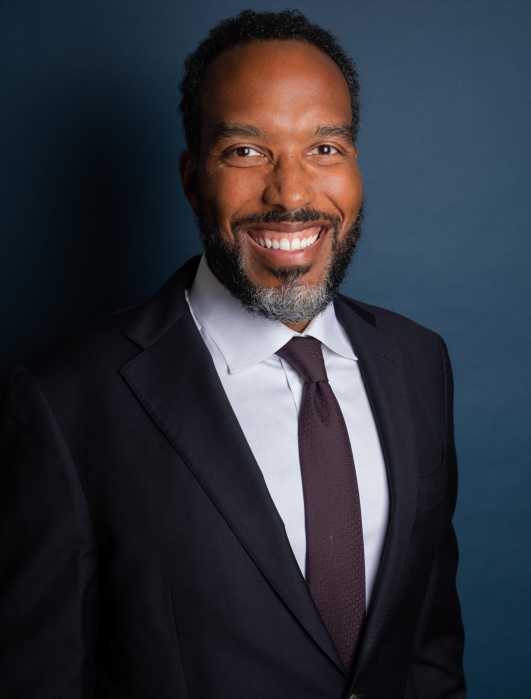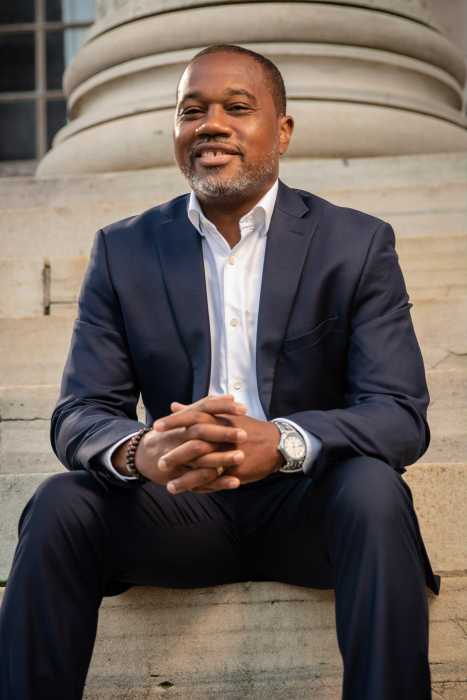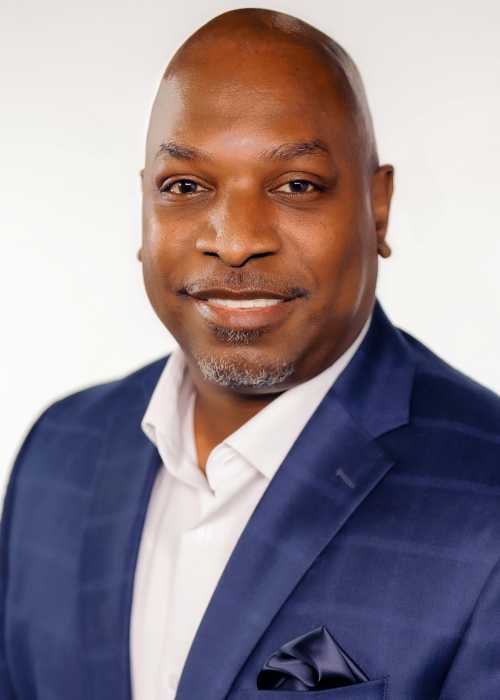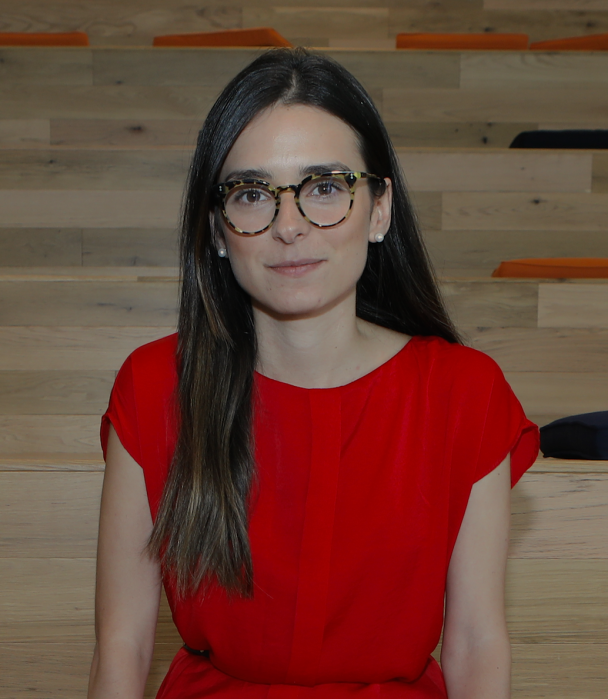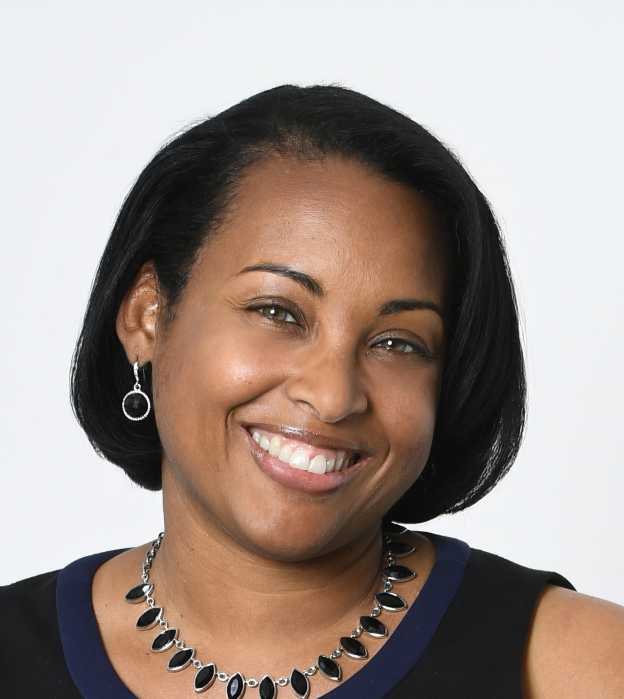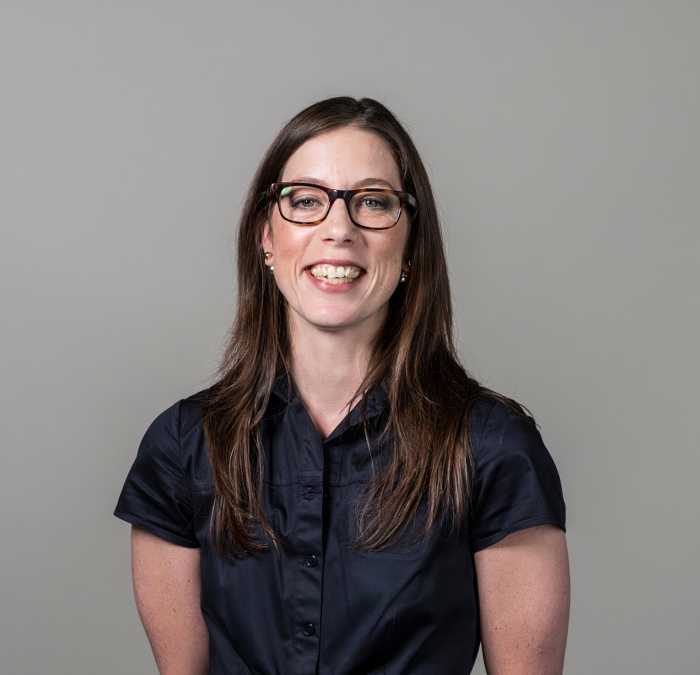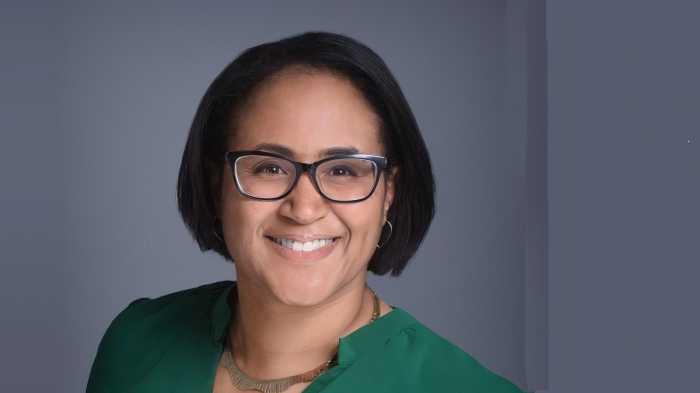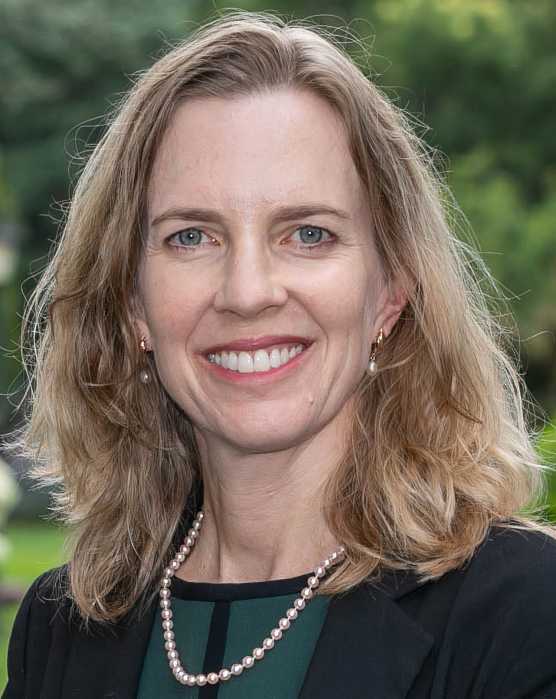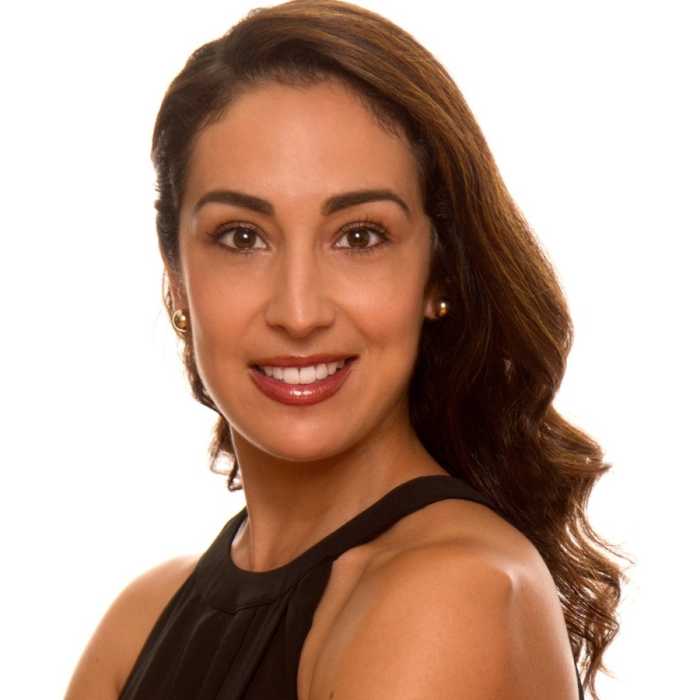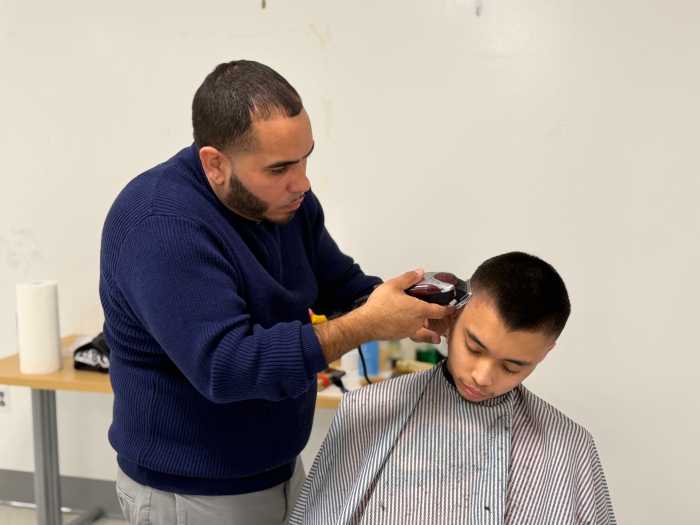Damien Dwin is the founder and CEO of Lafayette Square. Previously, Damien was co-founder and co-CEO of Brightwood Capital Advisors from 2010-2020. Damien began his career as a trader with Goldman Sachs, there earning the Michael P. Mortara Award for Innovation. At Credit Suisse, he was co-founder and head of the North American special opportunities business until 2010. He is an active thought leader on place-based investing, mass incarceration, and the use of capitalism for good.
How do you define corporate social responsibility?
Corporate social responsibility means accountability not only to our stakeholders and the businesses we finance, but also to the communities where we invest. I believe leveraged finance and private markets can be delivery mechanisms for capital to places that are overlooked and services to people who are underserved by traditional benefits. Lafayette Square uses data analytics to deliver capital and services to middle-market businesses, with the goal of stimulating economic growth and supporting working-class people.
What are your organization’s CSR goals?
We prioritize performance and transparency to build trust among our investors, portfolio companies, and their employees. Our goals are to support 100,000 working-class jobs, invest 50 percent of our capital with underserved communities, and curate benefits for 50 percent of our portfolio companies by 2030. We track and report our progress toward these goals on a quarterly basis.
Why did you choose to pursue a career within CSR?
Of the 150 million workers in America, more than 50 million live paycheck-to-paycheck. Traditional benefits like 401(k) and healthcare are underutilized by working-class people who need to put food on the table. With private credit funding concentrated on big businesses in high-income places, I saw an opportunity to support overlooked smaller businesses and the working-class people they employ. I believe capitalism can be a positive force for communities.


